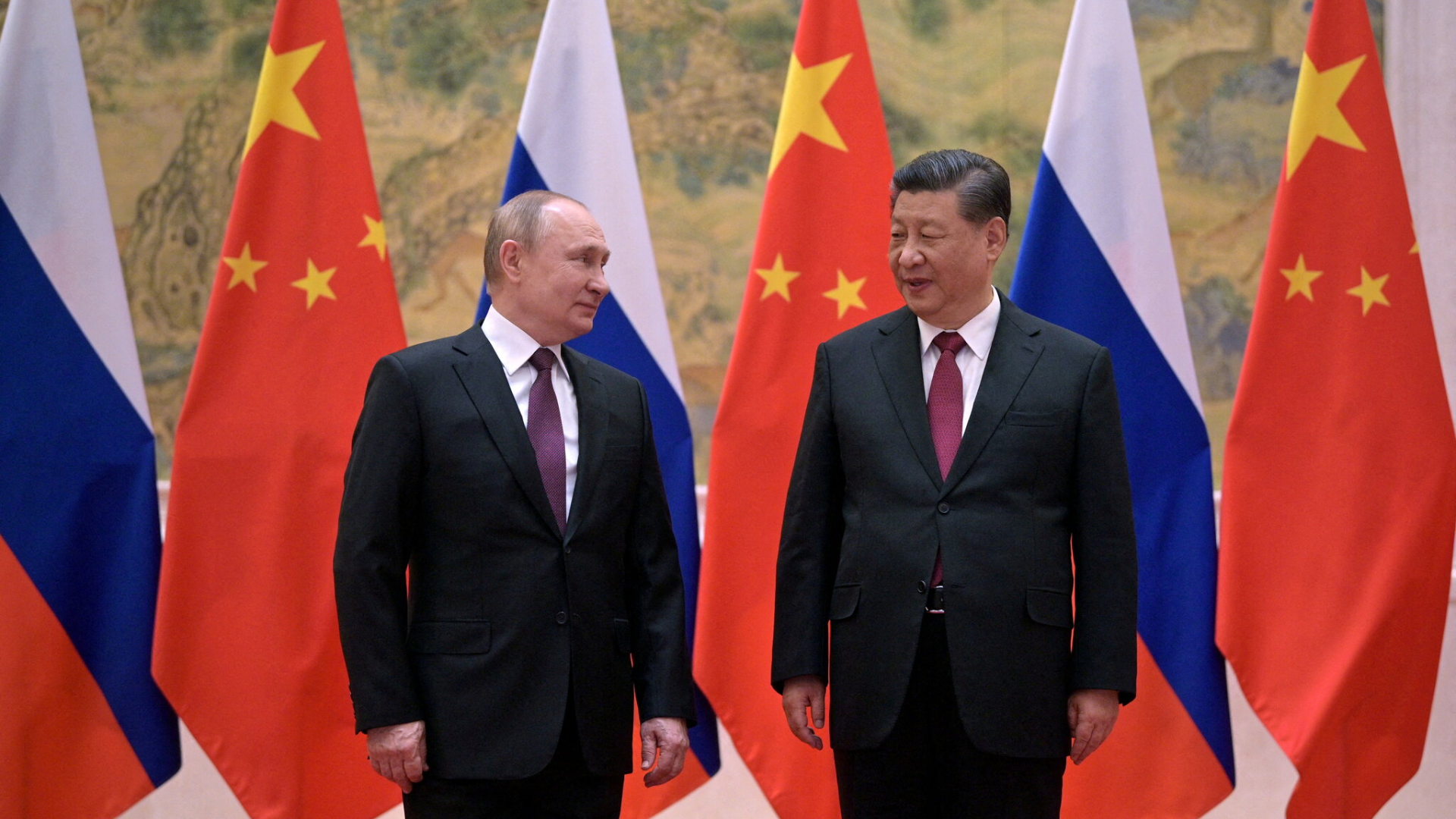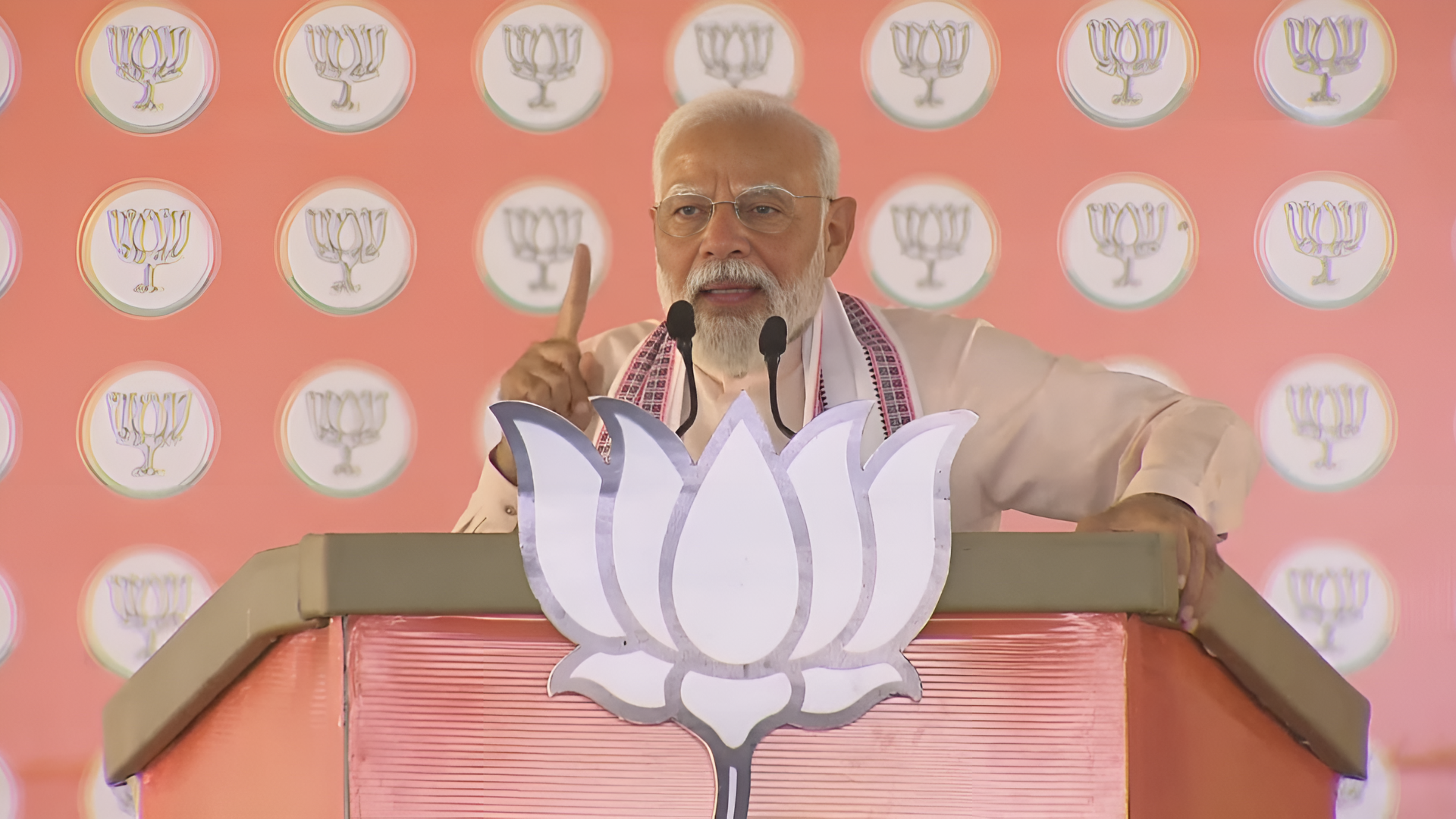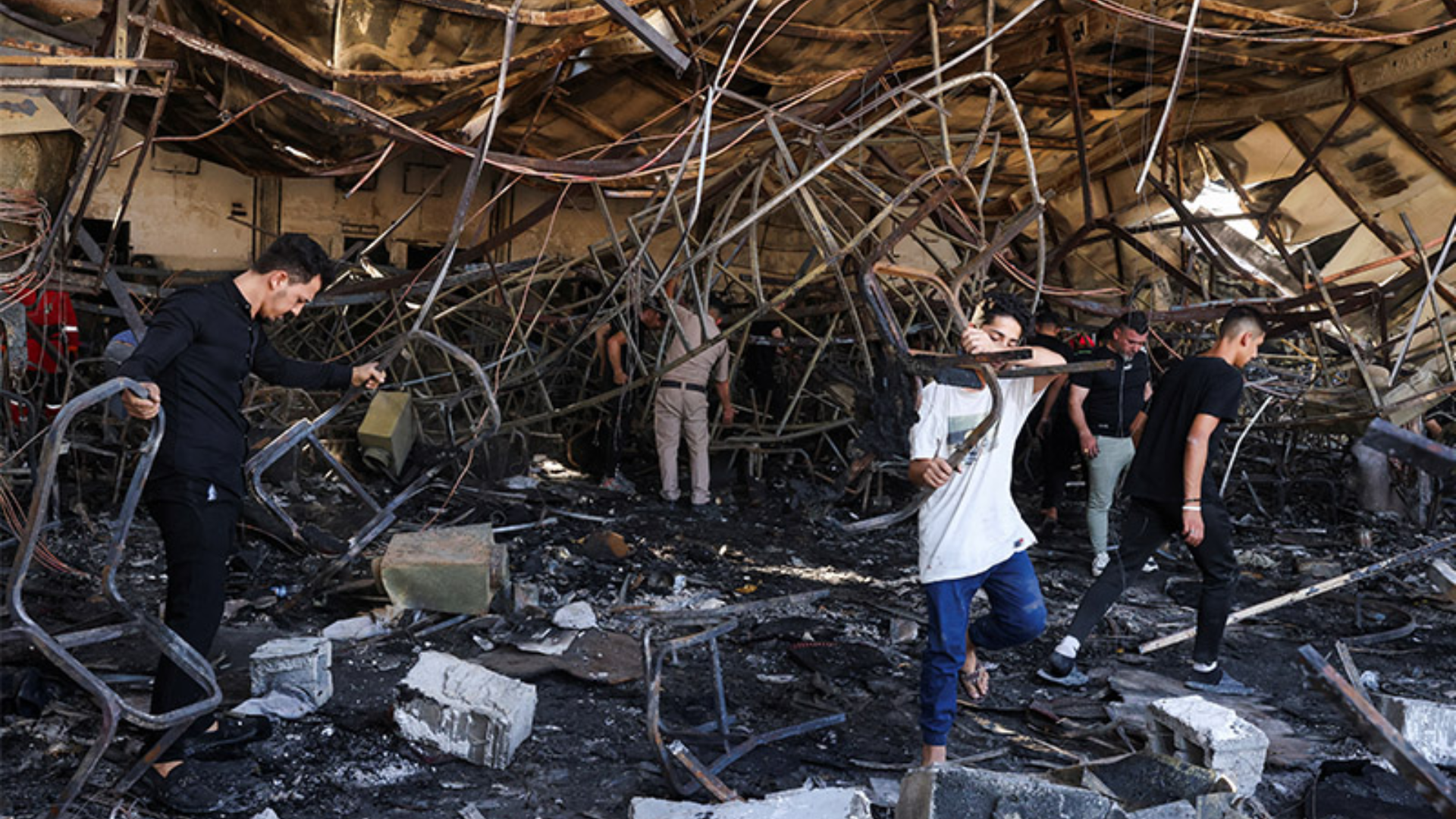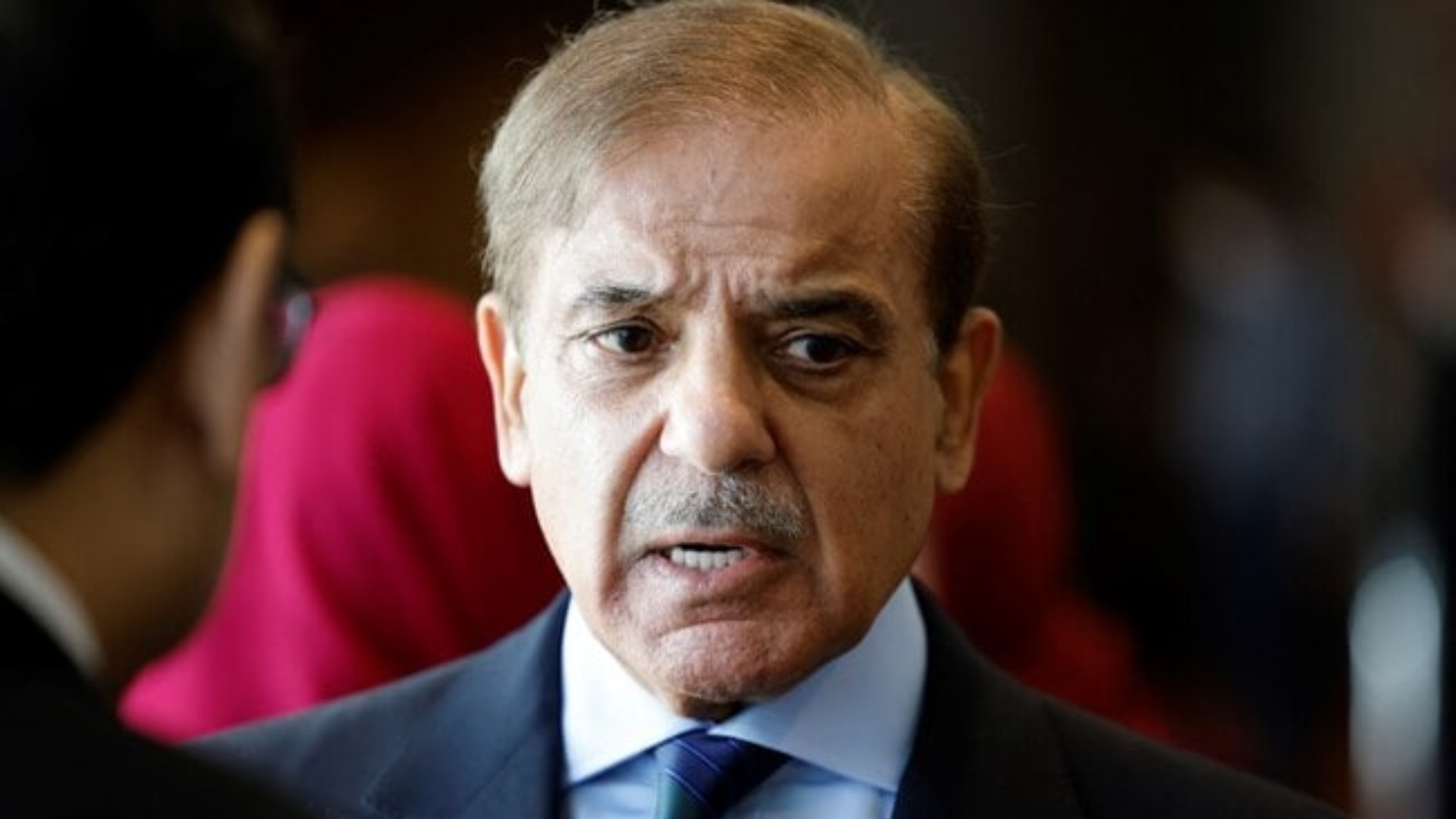Tensions between Iran and Israel escalated over the weekend after Iran launched explosive drones and missiles at Israeli territory in retaliation for a suspected Israeli attack on its consulate in Syria earlier this month. This direct attack on Israeli territory has raised concerns about a broader regional conflict, potentially impacting global oil prices.
Oil prices had already surged to a six-month high on Friday, reaching $92.18 a barrel for global benchmark Brent crude, the highest since October. Following Iran’s retaliatory attack, analysts anticipate further increases in oil prices when trading resumes on Monday.
Tamas Varga of oil broker PVM commented, “It is only reasonable to expect stronger prices when trading resumes.” However, he noted that unless there is a significant disruption in oil supply from the region, the rally in oil prices might be short-lived.
Leaders of the Group of Seven major economies have condemned Iran’s attack and reaffirmed their commitment to Israel’s security. Discussions regarding potential sanctions against Iran took place during a G7 meeting on Sunday, according to a White House statement.
Amrita Sen, co-founder of consultancy Energy Aspects, highlighted the potential volatility in oil and natural gas prices, stating, “There will probably be a knee-jerk jump in oil and potentially natural gas prices when markets open.” She emphasized that the duration of any price gains would depend on Israel’s response and whether there are any supply disruptions.
UBS analyst Giovanni Staunovo mentioned that the duration of the price surge would also depend on Israel’s reaction and potential actions by the G7 targeting Iranian oil exports.
Iran’s threat to close the strategic Strait of Hormuz, a crucial shipping route for global oil supply, adds another layer of uncertainty to the situation. About a fifth of the world’s total oil consumption passes through this strait daily.
While tensions remain high, Viktor Katona, lead crude analyst at Kpler, provided a different perspective, suggesting that the Iranian attack might have a slightly bearish impact on crude oil prices. He noted that Iran has indicated that its retaliation is over, potentially reducing the risk of a larger regional conflict.
As the situation continues to unfold, developments near Iran and actions by key players, including Israel and the G7, will play a crucial role in determining the direction of global oil prices in the coming days.




















